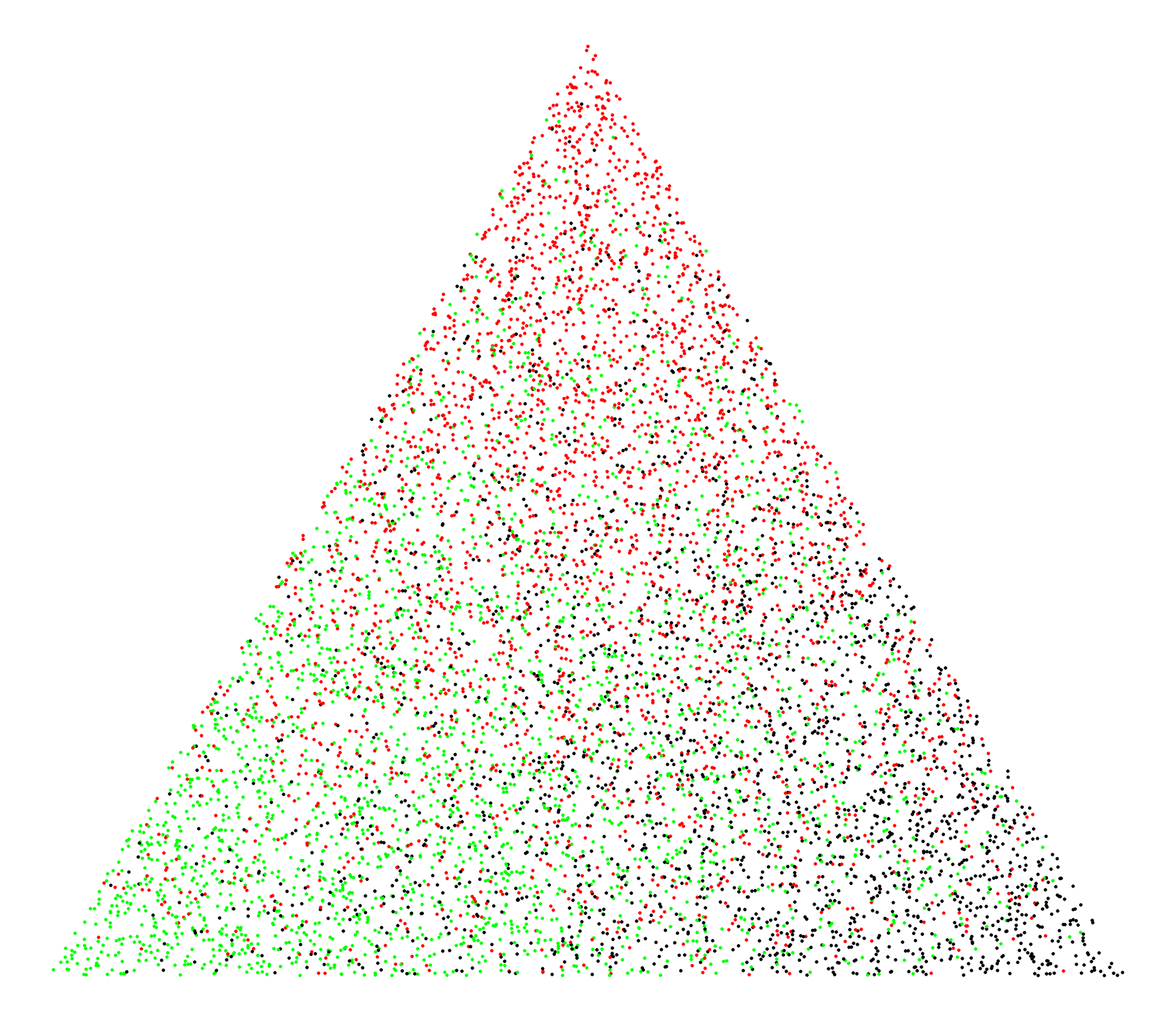Your Career Archetype

The Precision Innovator
The Quiet Revolutionary
Shadow:
The Perfectionist Guardian
Psychological Profile
You embody a fascinating paradox, Sarah. Your assessment reveals someone who has mastered the art of precision and reliability while harboring a powerful but largely unexpressed creative force.
You're the person colleagues trust with critical details, yet you secretly envision entirely new ways of doing things.
This duality—between maintaining order and imagining transformation—defines your career archetype.
You thrives at the intersection of structure and possibility. You don't just follow rules; you understand why they exist and can therefore intelligently break or remake them.
Your ten years in accounting haven't just taught you numbers—they've given you a deep understanding of how businesses actually work, where inefficiencies hide, and what really drives value creation.
The Precision Innovator: You thrive at the intersection of structure and possibility. You don't just follow rules; you understand why they exist and can therefore intelligently break or remake them. Your ten years in accounting haven't just taught you numbers—they've given you a deep understanding of how businesses actually work, where inefficiencies hide, and what really drives value creation.
The Quiet Revolutionary: Your secondary influence as a Quiet Revolutionary suggests you're not interested in disruption for its own sake. You want meaningful change that actually improves people's lives. This shows up in your frustration with "pointless bureaucracy" and your secret dream of "building something that actually matters". You're not looking to tear down systems—you want to evolve them into something better.
The Perfectionist Guardian: Your shadow architype represents both your greatest strength and potential trap. Your high conscientiousness (scored 6.2/7) combined with your fear of failure creates a protective shell that has served you well in traditional accounting but may be limiting your growth potential. This shadow whispers that safety lies in perfection, that risks are irresponsible, that your creative ideas aren't "practical enough".
Core Conflict
Your deep-seated fear of "becoming irrelevant" and your dream of "building something meaningful" are two sides of the same coin. Your perfectionism is a defense mechanism to prove your worth in a world that increasingly questions the value of routine human tasks. The very traits that made you a successful accountant—precision, reliability, and systematic thinking—are precisely what will make you exceptional in emerging fields, provided you apply them to new contexts.












